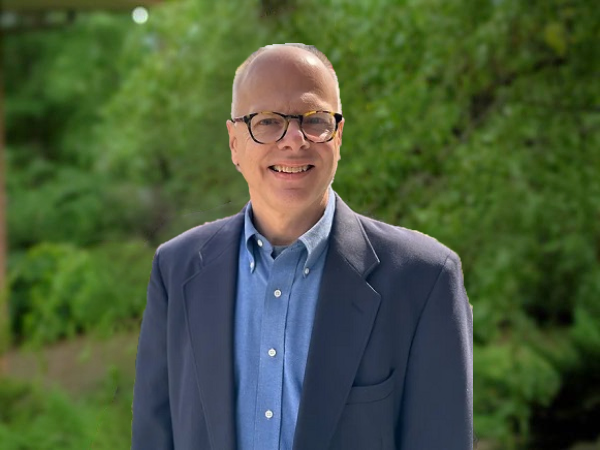
Don received his psychologist education and clinical training through bodies accredited through the American and the Canadian Psychological Associations (American Schools of Professional Psychology—Chicago and Edmonton/Alberta clinical psychology intern training). He holds a graduate certification in Health Psychology as well as certifications in Cognitive Behavioral Therapy and psychiatric medication management.
His 37 years of clinical experience spans work in the areas of alcohol and substance abuse treatment; physical rehabilitation (spinal cord brain injury, and chronic pain); psychiatric liaison consultation services; community mental health; university student health; and geriatric mental health. Don has also supervised psychology interns at the Cook County Bureau of Health (Illinois) APA accredited training program.
Struggles with negative self-defeating thoughts and beliefs can show up in the form of depression and/or anxiety. This can also result in unhelpful coping strategies like habits and addictions (over-eating, alcohol/drugs; avoidance and procrastination, etc). Sometimes the impact of a traumatic event or a history of adverse life events has a negative and reverberating impact in your life up to the present. Don can help you identify your values and strengths, and then together you can work on building a healthier and more meaningful connection with yourself, other people, and the larger world–thereby creating a more fulfilling life. He has experience helping people going through a variety of issues related to low self-esteem, addiction, depression, trauma, OCD, and anxiety.
Don works with individuals age 18 and above (including people 65 years +). His psychotherapeutic work is informed by methods with demonstrated research based positive outcomes (e.g. CBT, ACT, ICBT, etc.).
He resides with his committed partner and their four-legged furry canine “daughter”. Don values being in nature, reading, listening and playing music, and cooking. He also enjoys examining the ways that “Eastern” (Tibetan Buddhism) and “Western” systems (philosophy and schools of psychotherapy) compare and contrast in their approaches to mental health and well-being.